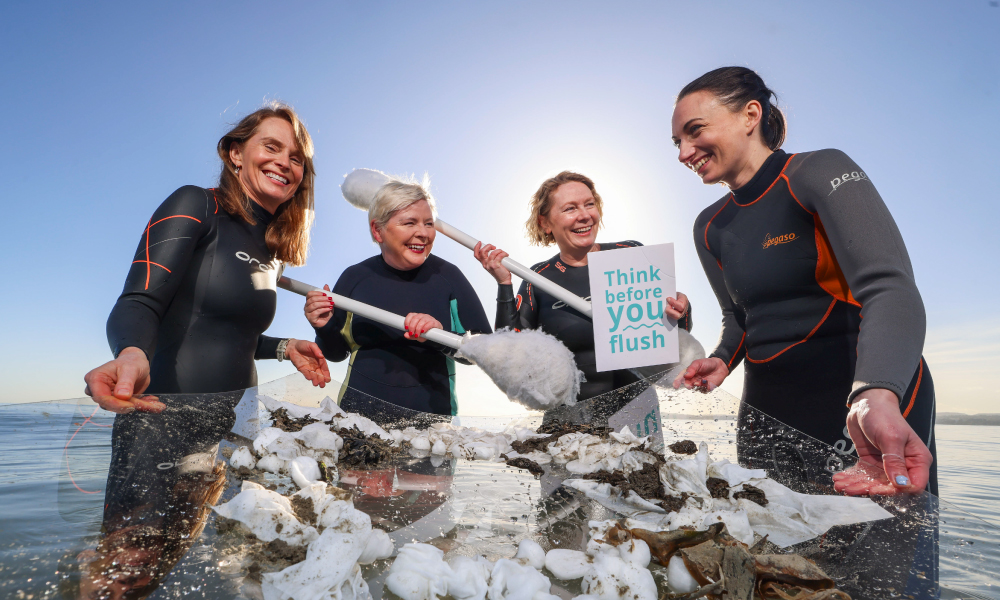Uisce Éireann and Clean Coasts have urged the public to continue to ‘Think Before You Flush’ as alarmingly a recent survey revealed an increase in the disposal of wipes and other sanitary products down the toilet. Those aged under 35 are almost twice as likely to dispose of products down the toilet, compared to those aged over 35, and almost three times as likely compared to those over 55.
Whether labelled as ‘flushable’ or not, wipes should never be disposed of in toilets. With the growing popularity of year-round open water swimming, it is important to remember that our flushing habits directly affect the environment and in particular rivers and coastal areas. Making minor adjustments in our daily habits can play a crucial role in preventing sanitary waste appearing along rivers, sandy beaches, rugged shores, and hidden bays.
Uisce Éireann and Clean Coasts have been steadfast partners for the last seven years with a joint mission to drive the Think Before You Flush Campaign and reduce environmental impacts through behavioural change. Despite this progress, there remains a pressing concern as there are still too many people flushing the wrong items down the toilet impacting our natural and built environment.
Tom Cuddy, Uisce Éireann said: “We know the awareness is there, we are just asking people to take a moment to consider their flushing habits and put litter in the bin rather than down the toilet. The impact of removing these products from our wastewater system is immense, and they unfortunately can ultimately end up on our beautiful beaches and rivers right across the country. As Uisce Éireann continues its journey of upgrading and developing critical infrastructure to support sustainable growth and development, it is important that we continue to work together to protect and enhance our environment. Every individual’s contribution counts, and by making conscientious choices about what we flush, we can collectively make a huge difference.”
Speaking about the campaign, Sinead McCoy, Clean Coasts said: “Our message is straightforward: only the 3 Ps – pee, poo, and paper – should find their way into the toilet bowl. All other items must be placed in the bin. By following this practice, we can significantly reduce sewer blockages, minimise the risk of home and business flooding, and mitigate the environmental pollution that poses a threat to wildlife, such as fish and birds, their natural habitats and our coastlines. A minor change in our flushing behaviour can have huge benefits for our natural surroundings – simply dispose of wipes, cotton bud sticks, and sanitary items in the bin, not down the toilet.’

